One in ten wild bees face extinction in Europe
- Published
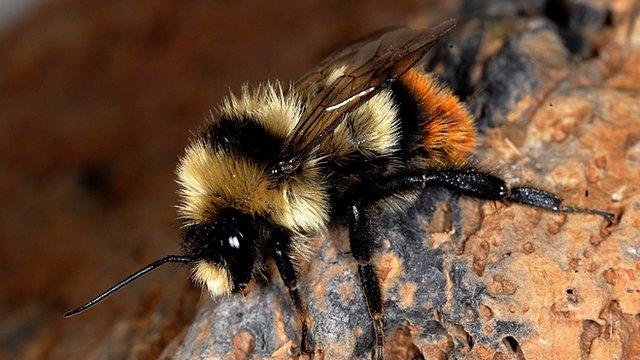
There are 1,965 bee species native to Europe
Almost one in 10 of Europe's native wild bees face extinction, according to the most comprehensive expert assessment so far.
The European Red List, drawn up by the International Union for Conservation of Nature, found 9.2% of nearly 2,000 species are threatened with extinction.
Another 5% are likely to be threatened in the near future.
Threats include loss of habitat from intensive farming, pesticide use, urban development and climate change.
Jean-Christophe Vié, of the IUCN, external Global Species Programme, said the assessment was the best understanding so far on wild bees in Europe, but knowledge was incomplete due to "an alarming lack of expertise and resources".
"Bees play an essential role in the pollination of our crops," he said.
"We must urgently invest in further research in order to provide the best possible recommendations on how to reverse their decline."
The new assessment made a number of recommendations, including:
Better monitoring and assessment of common and rare species
More protection for habitats supporting bees
Regulation of trade in managed bees, which may spread diseases
Long-term incentives to farmers to provide habitats for bees.
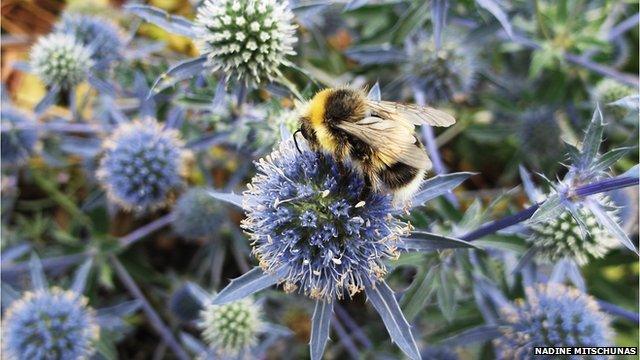
Pollination is delivered by a range of insects
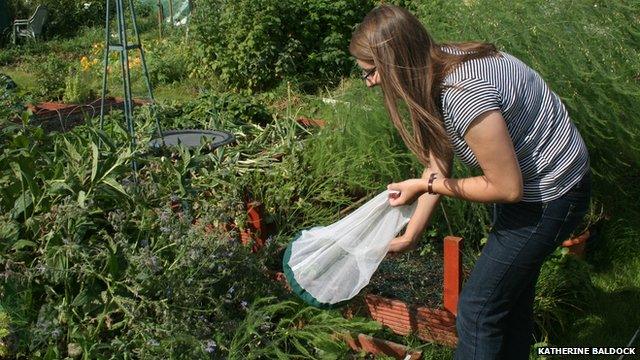
Allotments in urban areas can provide valuable habitat for bees
The study adds to growing evidence that multiple environmental pressures are driving the loss of bees both in the wild and in hives.
Commenting on the findings, Prof Mark Brown of the School of Biological Sciences at Royal Holloway, University of London, said: "A lot of our bees have been in decline or are at risk of extinction and we need to change how the landscape is managed to deal with that.
"Bees need to be incorporated into how we think about and develop sustainable agriculture."
Dave Goulson, Professor of Biology at the University of Sussex, external, said the report highlighted what we have known for some time - that "bees are in trouble, with some types having already gone extinct, and others likely to follow them into oblivion in the near future".
He added: "What is more shocking is the revelation that we actually don't know much at all about the status of the majority of Europe's bee species."
Pollination benefits
Insect pollination has an estimated economic value of 15bn euros per year in the EU alone.
Boosting populations of pollinators would bring benefits to wildlife, the countryside and food producers, said the report.
"Our quality of life - and our future - depends on the many goods and services that nature provides for free," said Karmenu Vella, EU commissioner for Environment, Maritime Affairs and Fisheries.
"If we don't address the roots of the decline in wild bees, and act urgently to stop it, we could pay a very heavy price indeed."
Follow Helen Briggs on Twitter, external.
- Published4 March 2015
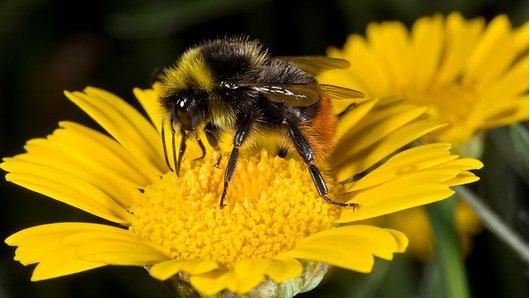
- Published19 January 2015
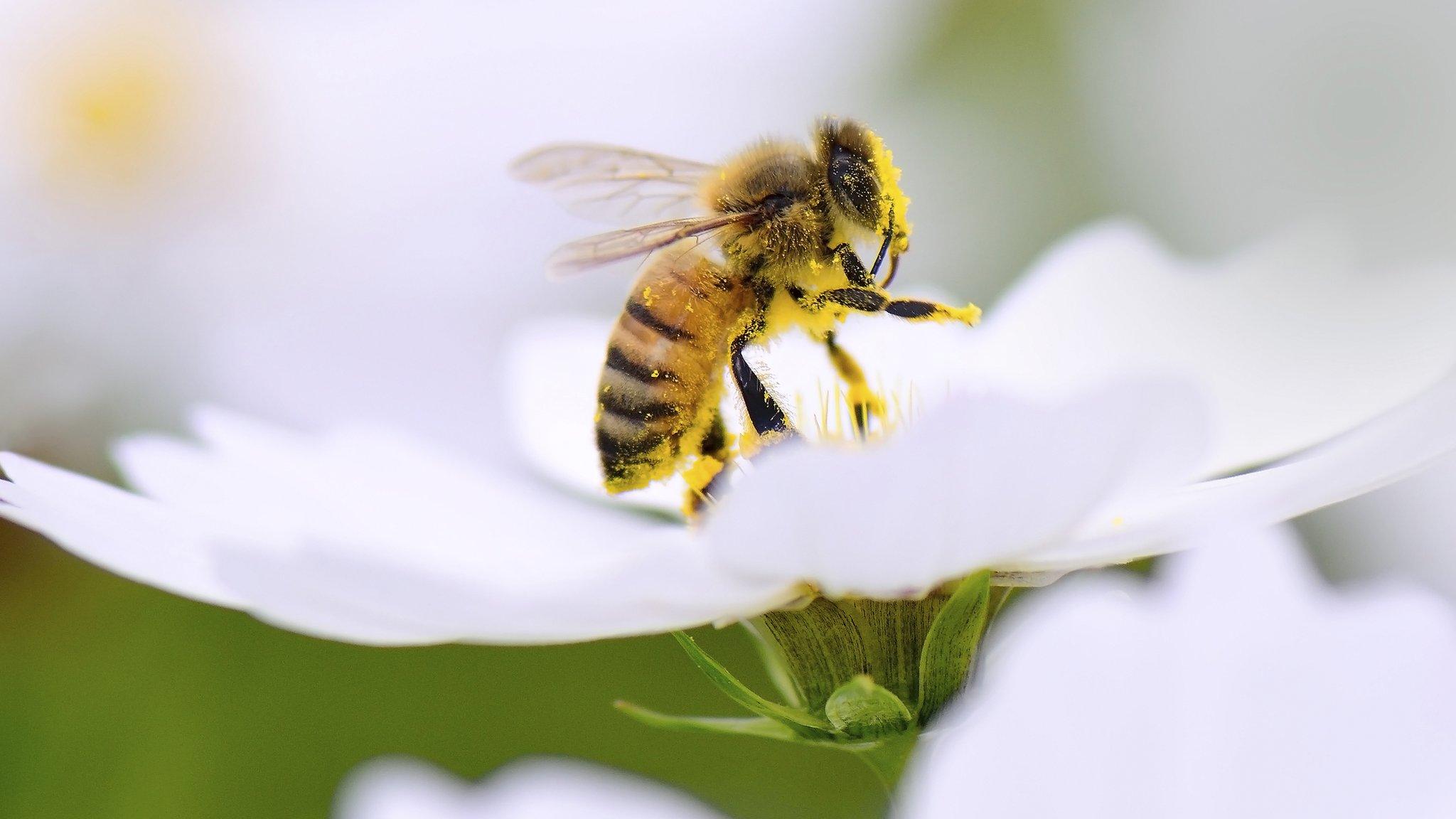
- Published11 February 2015
